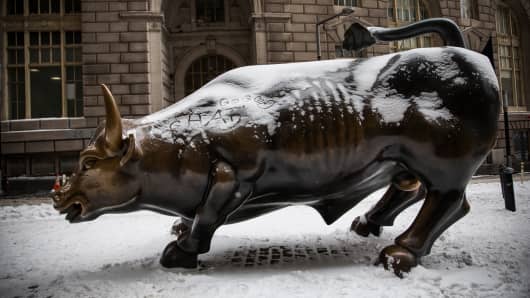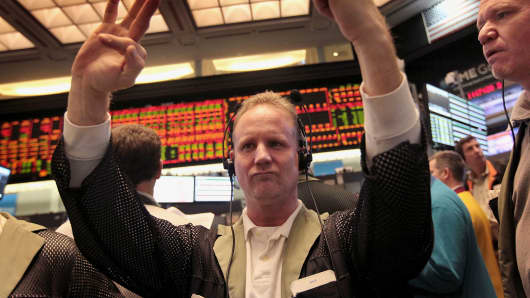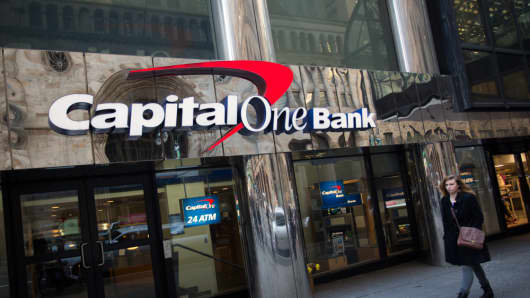Recapping the day's news and newsmakers through the lens of CNBC.
Stocks finish summer flat, and that's not so bad
Notes:
The calendar says otherwise, but as a practical matter summer ends with Labor Day, and this one hasn't been so good for stocks—they're essentially unchanged since Memorial Day. But the glass-is-half-full view says that's pretty good, as the markets have digested all sorts of bad news without collapsing: tapering talk, crisis in Egypt and Syria, capital outflows from emerging markets, choppy earnings and poor corporate revenue growth. The list is long but, after all, the S&P 500 was up 15 percent before Memorial Day.
Quote:
"Disappointed? Not me. ... Heck, I think being flat is a victory considering all the things markets have had to absorb."—CNBC's Bob Pisani






